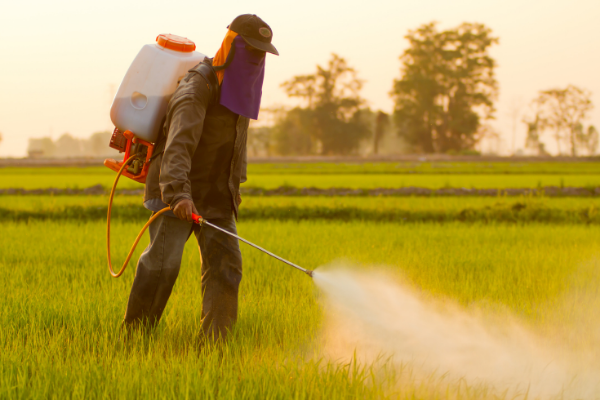Cheers to Philly City Council for voting to ban dangerous herbicides
Philadelphia’s City Council voted unanimously this month to ditch the use of toxic herbicides including glyphosate on its public grounds and move to organic methods for land maintenance.
The legislation, called Healthy Outdoor Public Spaces, was introduced by Councilmember Cindy Bass.
Cheers to the city council for passing this bill in spite of opposition from the city’s own parks and recreation department. But we hope they’ll consider moving the timeline up to ban these dangerous pesticides sooner. 
Currently, the city uses more than one dozen toxic herbicides on its public grounds, according to Toxic Free Philly, which supported the bill along with a dozen other local, state and national groups including Beyond Pesticides and The Black Institute.
The legislation prohibits the use of synthetic herbicides, including glyphosate which is used in Roundup, linked to cancer, asthma and other ailments. The prohibition goes into effect within 18 months for parks and playgrounds. Within 3 years, the ban will extend to golf courses and athletic fields. The bill also requires the city to develop an organic land management plan and it must notify the public any time a synthetic herbicide is used on public lands.
Pesticides are nonselective and are harmful to wildlife, pollinators and humans. Studies show that the use of professionally applied pesticides is associated with a 70 percent higher risk of canine malignant lymphoma. Many pesticides are toxic to fish and other aquatic organisms as well as being toxic to bees, birds and other pollinators.
The World Health Organization’s International Agency for Research on Cancer classified glyphosate in 2015 as a “probably carcinogenic to humans” and concluded that the chemical likely causes a range of cancers, including non-Hodgkin lymphoma, renal cancers, skin cancers and pancreatic cancer.
With the passage of this legislation, Philadelphia will become on of more than a hundred municipalities who have banned pesticides on public lands. New York City is currently considering a similar bill.

